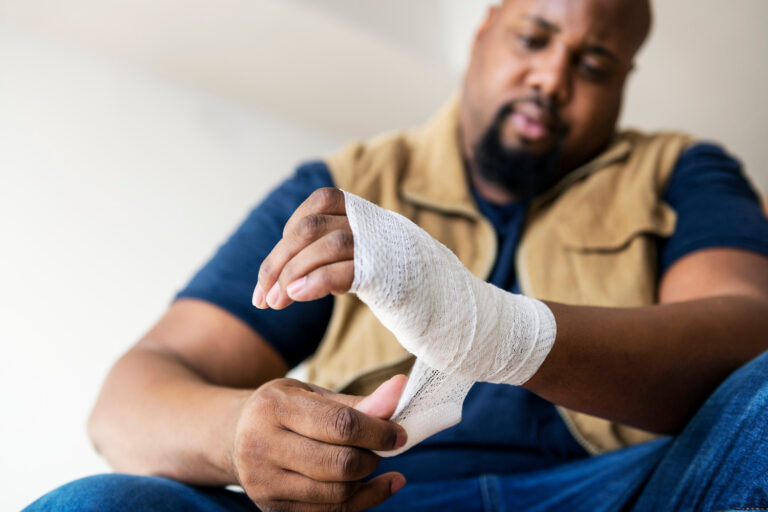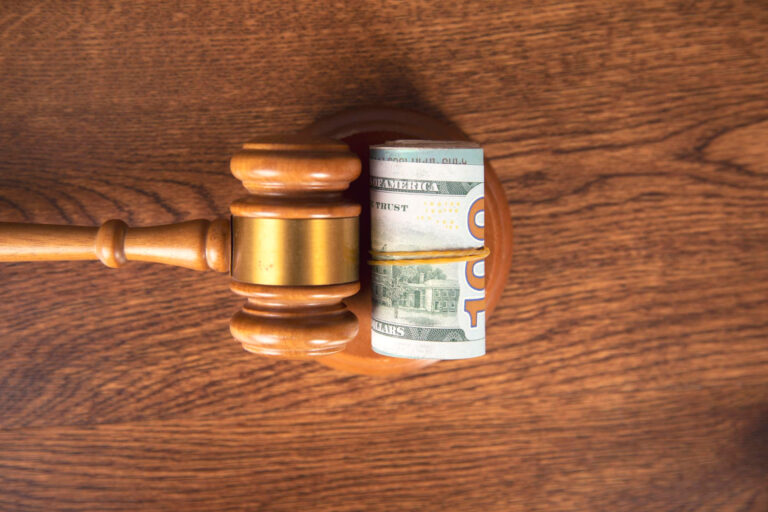Personal Injury Damages: A Comprehensive Guide
Searching for info on personal injury damages might feel overwhelming, but you’re not alone. At LawOfficeOfBrianKelly, even though we specialize in divorce cases, our expertise in law extends to understanding every facet of personal injury claims. This article will break down the basics of personal injury damages, giving you a clear picture of what you might be entitled to. Stick with us, and you’ll get the facts you need to pursue the compensation you deserve.
Based on personal injury laws, damages can include medical bills, lost wages, and pain and suffering. The injured party is usually compensated to restore their financial and physical well-being. Courts assess the extent of harm to decide the amount.
Understanding Personal Injury Damages
Personal injury damages serve as financial redress for victims suffering from others’ negligence, offering an intriguing insight into how justice quantifies human suffering and loss.
Fundamentally these damages help cover different losses, such as medical costs, lost wages, pain, suffering, and emotional stress. There are two main types: economic and non-economic damages.
Economic damages refer to clear, measurable losses like medical bills, property damage, and missed paychecks. They aim to repay the injured person for their financial losses.
Non-economic damages are harder to measure and cover the emotional and mental impact of the injury. At its heart, this includes pain and suffering, emotional distress, loss of enjoyment of life, and loss of relationships.
Sometimes, punitive damages are also given. These are meant to punish the wrongdoer for especially bad behavior and to discourage them and others from doing the same thing again.
Types of Personal Injury Damages Explained
Personal injury damages encompass economic damages, which cover financial losses, and non-economic damages, which address pain and suffering.
Largely, economic damages are the monetary losses you can prove with financial records. They include medical costs, lost wages, and damage to property. Medical costs involve paying for hospital bills, medications, and rehabilitation after an injury. Lost wages refer to the income you didn’t earn because you were injured and couldn’t work. Property damage means any harm to personal items, like your car or other belongings.
Non-economic damages are harder to measure because they cover personal, emotional losses after an injury. These include pain and suffering, emotional distress, and loss of enjoyment of life. At the base, pain and suffering relate to physical and emotional discomfort caused by the injury, like ongoing pain or emotional hardship. Emotional distress involves the mental impact of the injury, such as anxiety, depression, or PTSD. Loss of enjoyment of life means you can’t do activities you used to love, like hobbies or social events.
Every personal injury case is different. The damages awarded depend on the specifics of each case. The goal of these damages is to compensate for both noticeable and personal losses from the accident.
How to Calculate Personal Injury Damages
Personal injury damages are often calculated by evaluating factors including medical expenses, lost wages, and pain and suffering.
Generally speaking, to figure out medical costs, add up all expenses like hospital bills, medication, and rehab services. To calculate lost wages, look at how much time you missed from work because of the injury. Pain and suffering damages are harder to pin down and depend on how bad the injury is and how it affects your life.
So to speak, sometimes, you might also get punitive damages to punish the party at fault. Make sure to gather all documents related to your injury, like medical records, pay slips, and witness statements, to back up your claim. Talking to a personal injury lawyer can help you get the most compensation for your injuries.
Factors Affecting Personal Injury Compensation
The amount of personal injury compensation can be significantly influenced by factors such as the severity of the injury, the impact on the victim’s life, and the degree of negligence involved.
To be brief, several factors affect how much compensation someone might get for a personal injury. First, the severity of the injury matters a lot. More serious injuries that need a lot of medical care or cause long-term problems usually lead to higher compensation.
Second, it depends on how much at fault the responsible person or company is. If it’s clear that the injury happened because someone was really careless or on purpose, the compensation might be higher.
Third, having good evidence is important. Things like medical records, witness statements, and photos can make the case stronger and potentially lead to more compensation.
Generally speaking, how long it takes to recover and how much the injury affects the person’s daily life and ability to work are also important. These factors can increase the compensation amount.
Lastly, the experience and skill of the lawyer handling the case can affect the outcome. An experienced lawyer might negotiate a better settlement.

Maximizing Your Personal Injury Claim
Gathering all relevant evidence, including medical records, witness statements, and documentation of expenses, plays a critical role in significantly boosting your personal injury claim.
To put it simply, get medical help right away and listen to what your doctor tells you. Keep a record of any work you miss and money you lose because of the injury. Talk to a personal injury lawyer to know your rights and options for getting compensation. Be honest and detailed when talking about the accident and your injuries.
You know, work with the insurance company or the responsible party’s lawyer to agree on a fair deal. If you can’t reach an agreement, be ready to go to court to get the compensation you deserve. Stay patient and keep going through the process to get the best result for your personal injury claim.
The Final Analysis
Personal injury damages are intended to compensate individuals for the physical, emotional, and financial impacts of an injury caused by another party’s negligence.
What Law Office of Brian Kelly is thinking you should explore is, these damages can cover medical expenses, lost wages, pain and suffering, and more. It is essential for individuals to understand their rights and seek legal guidance to ensure they receive fair compensation for their injuries.







